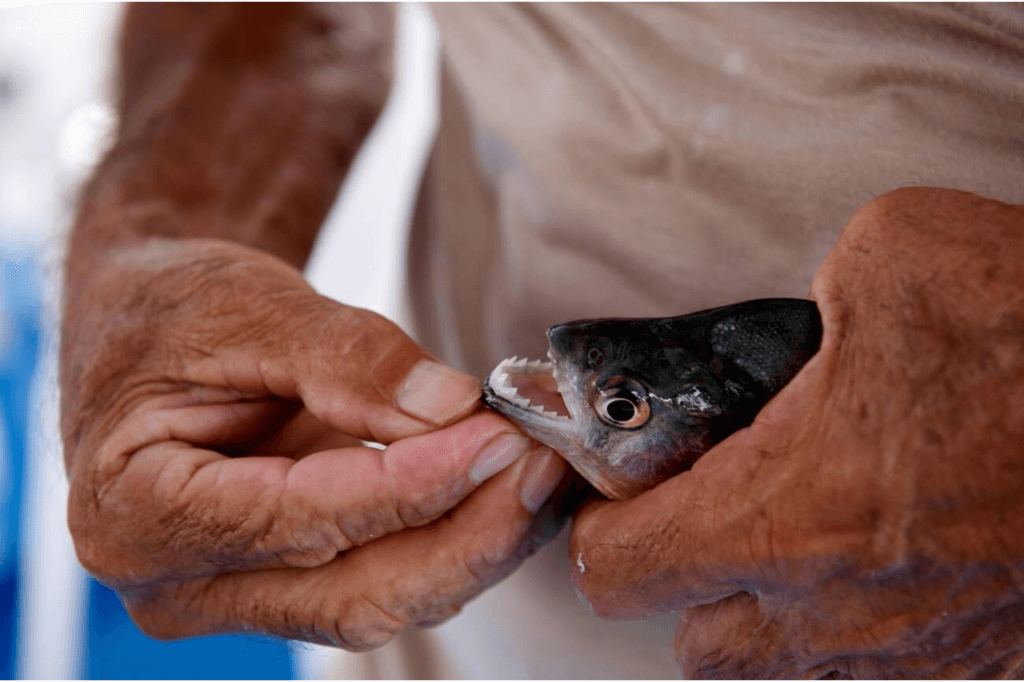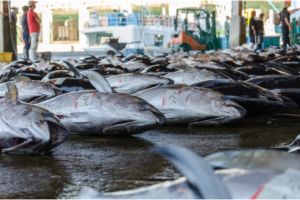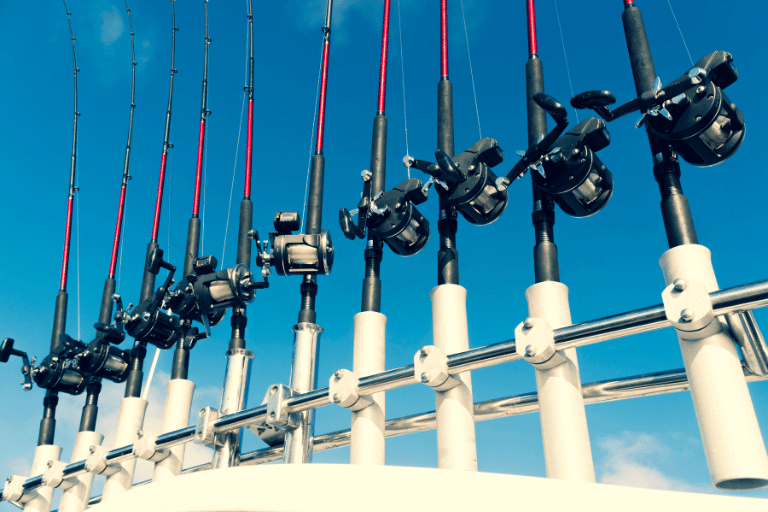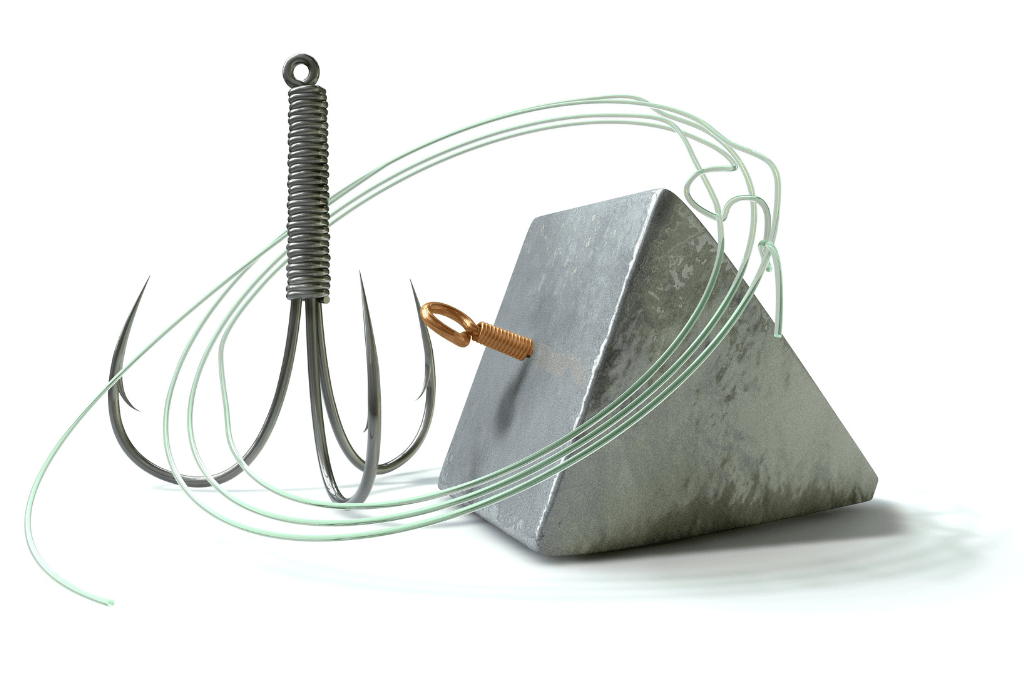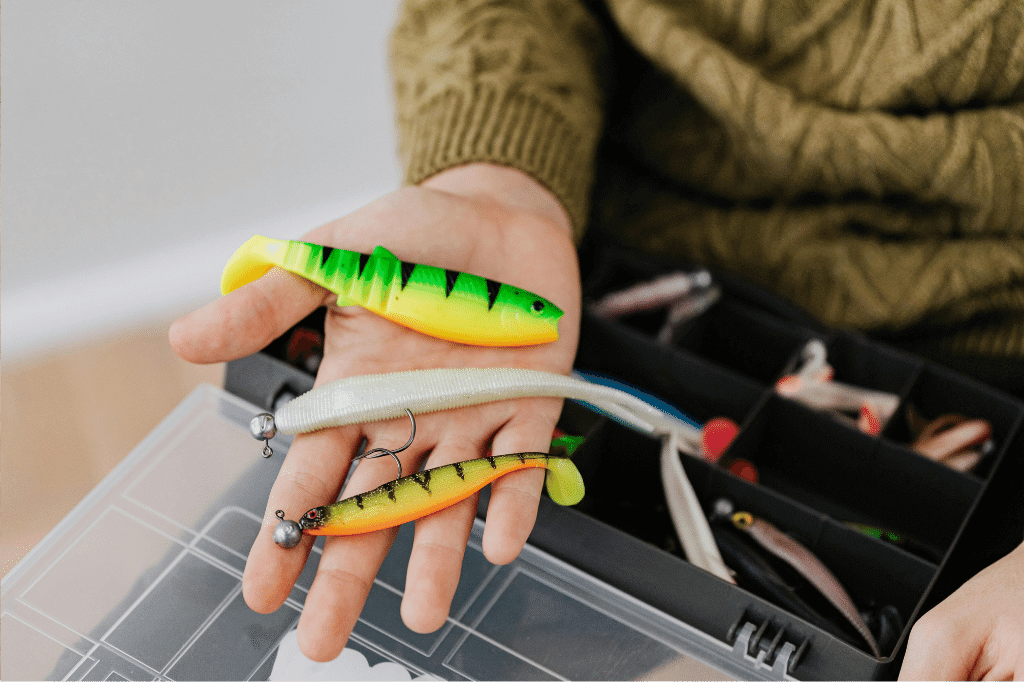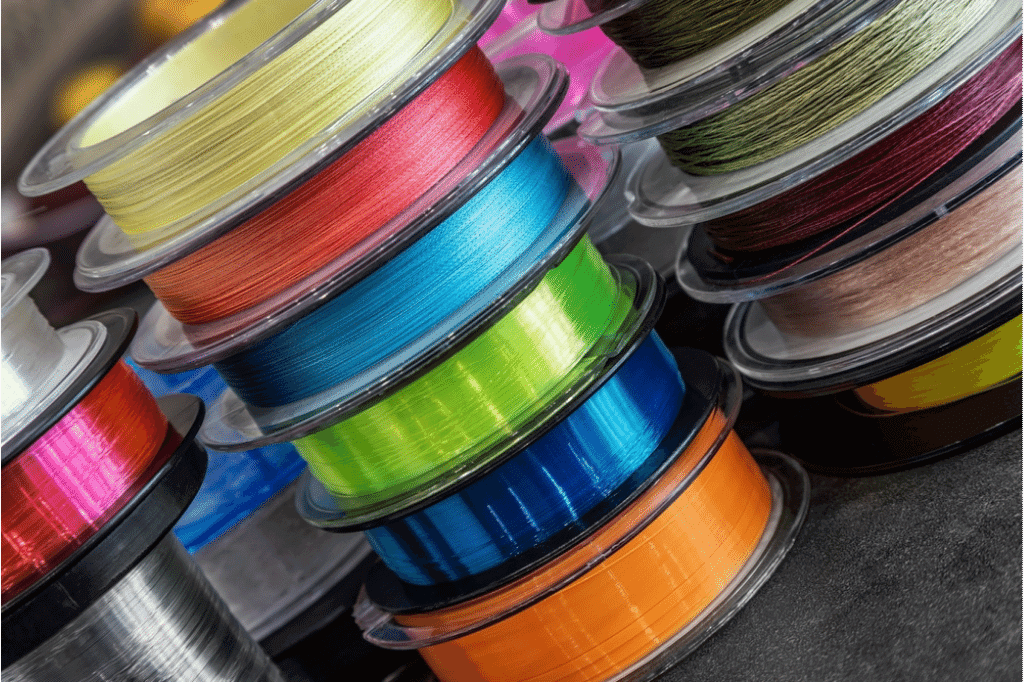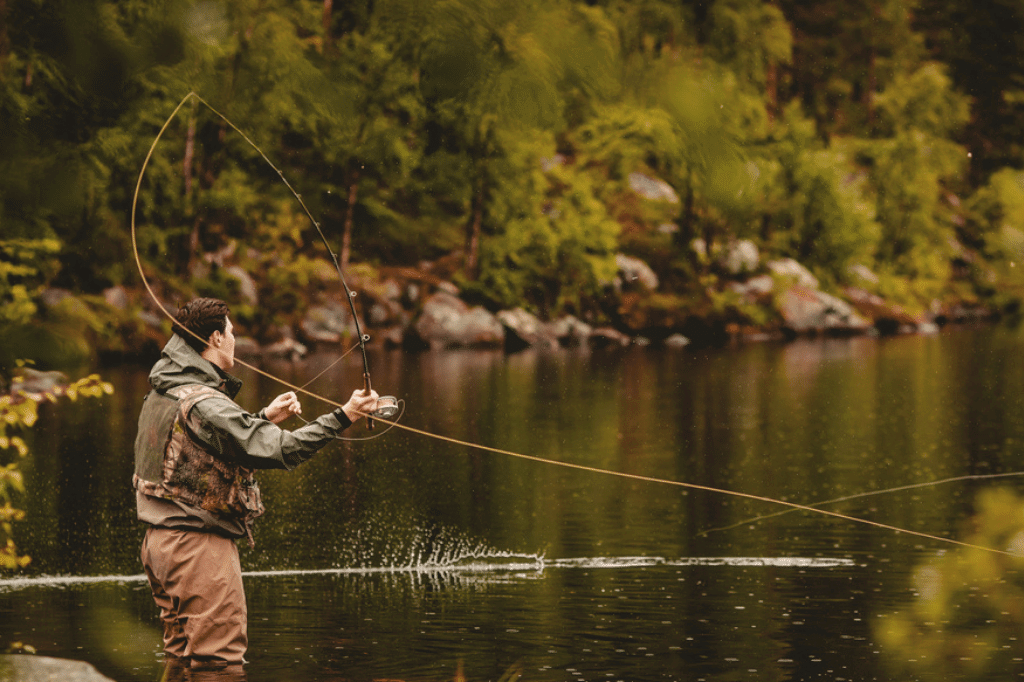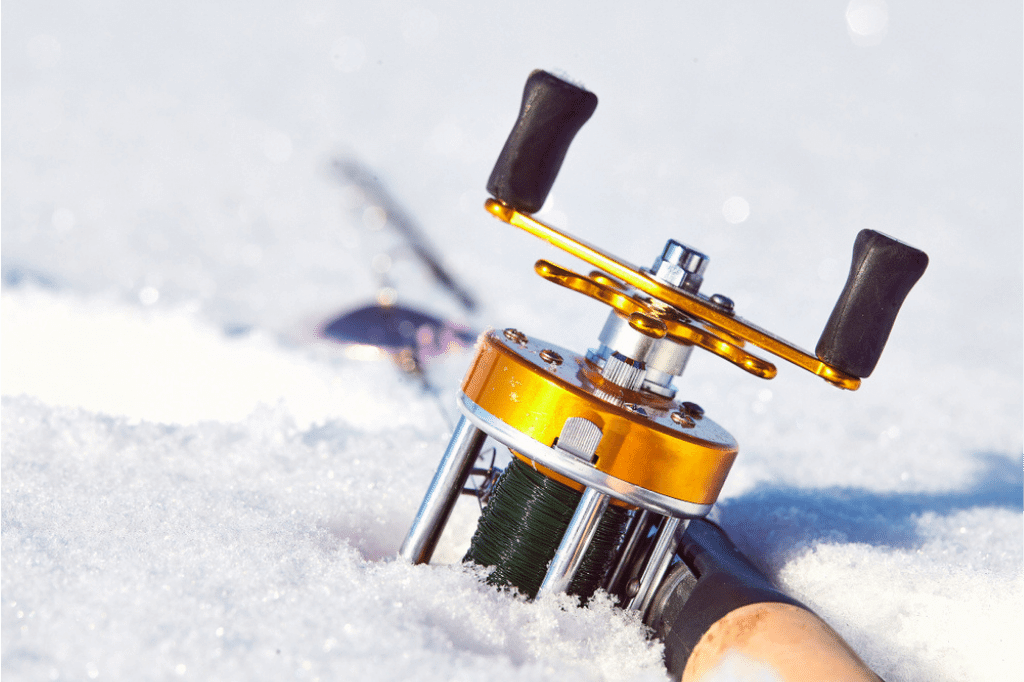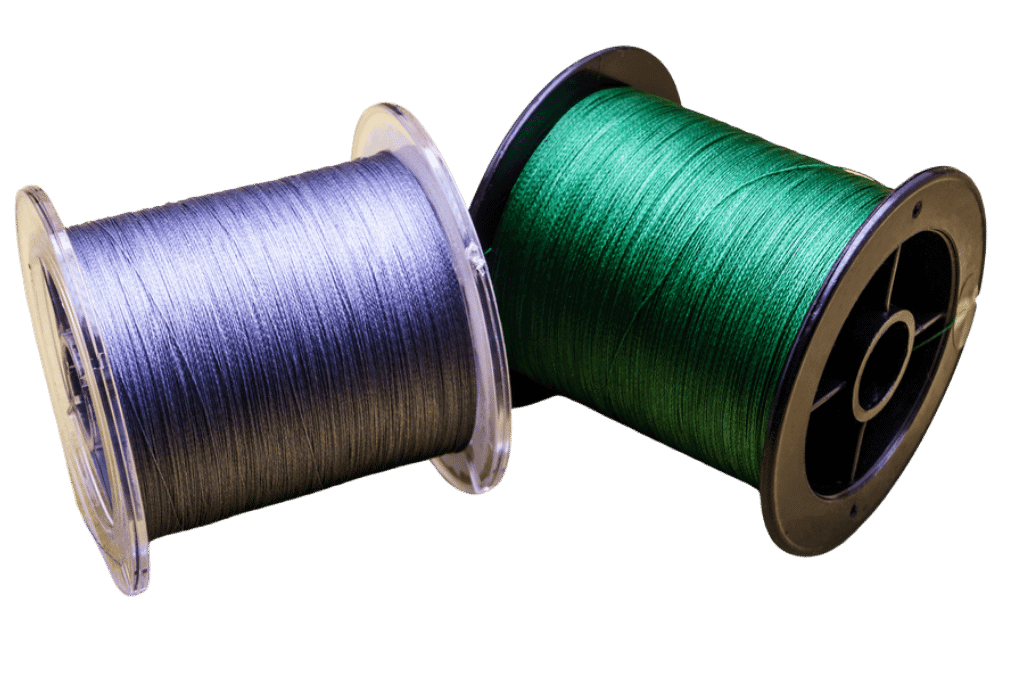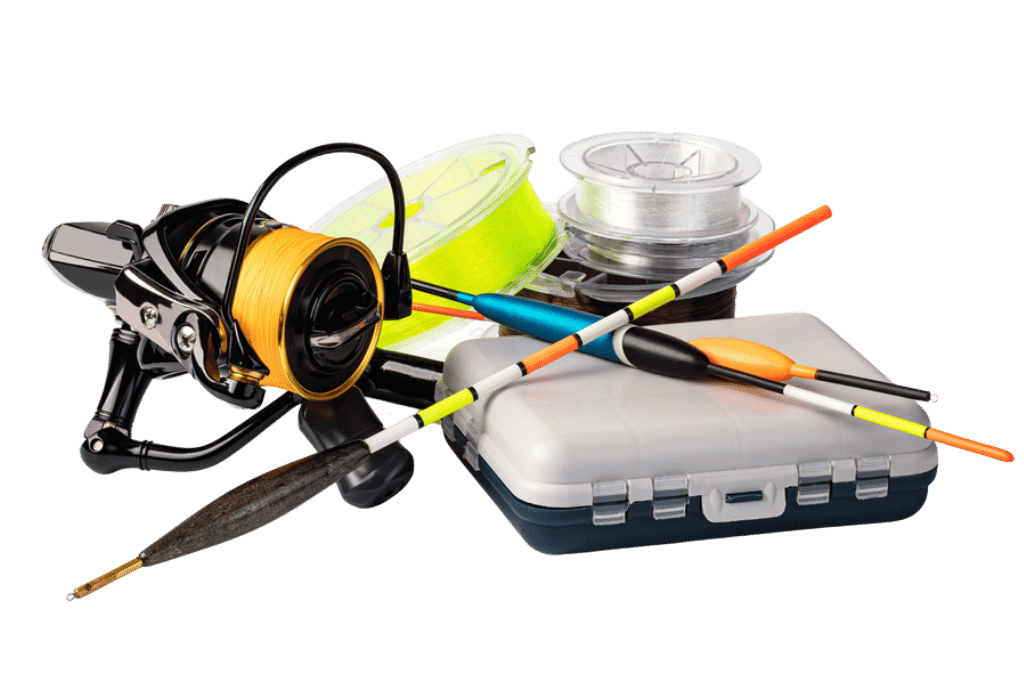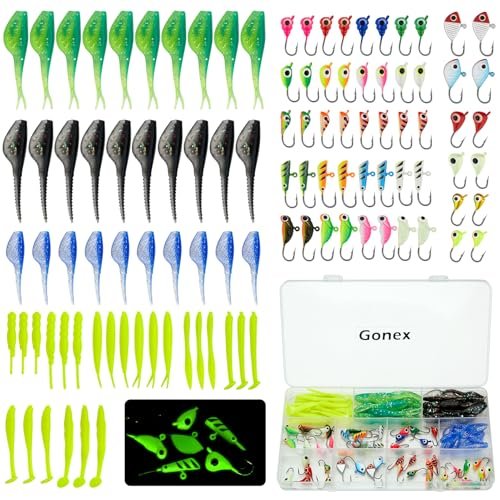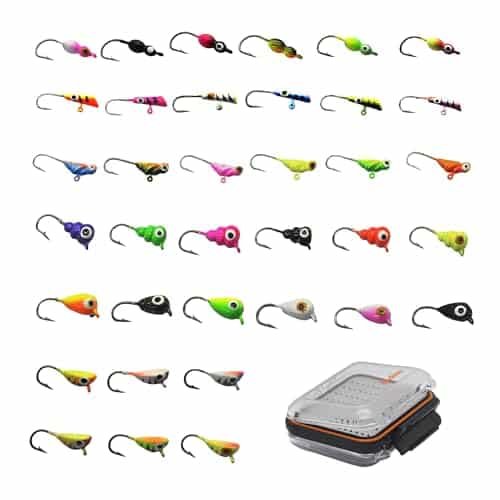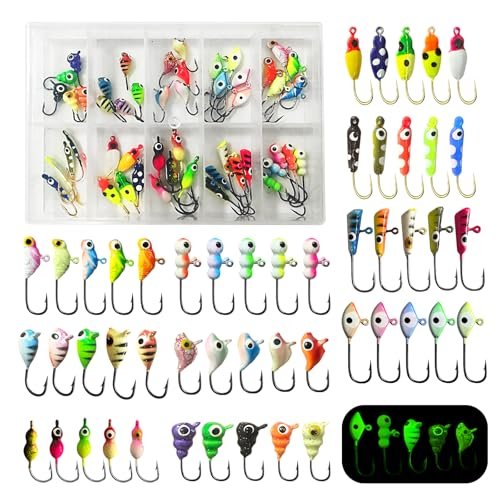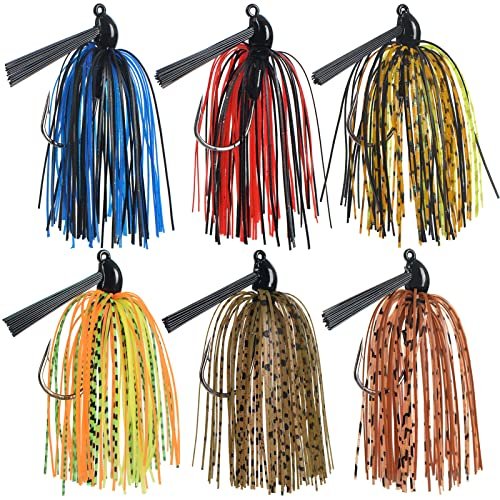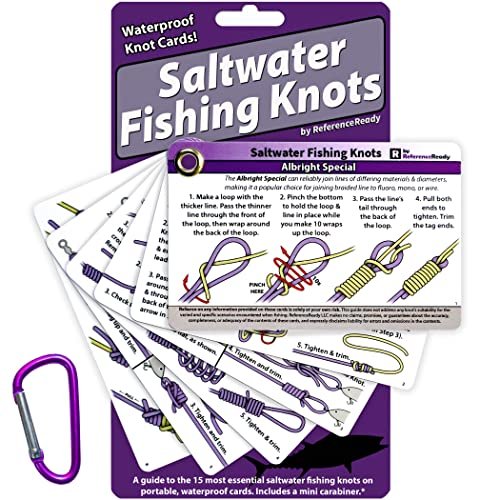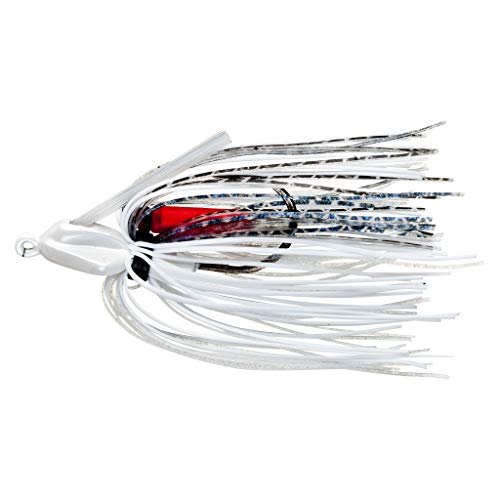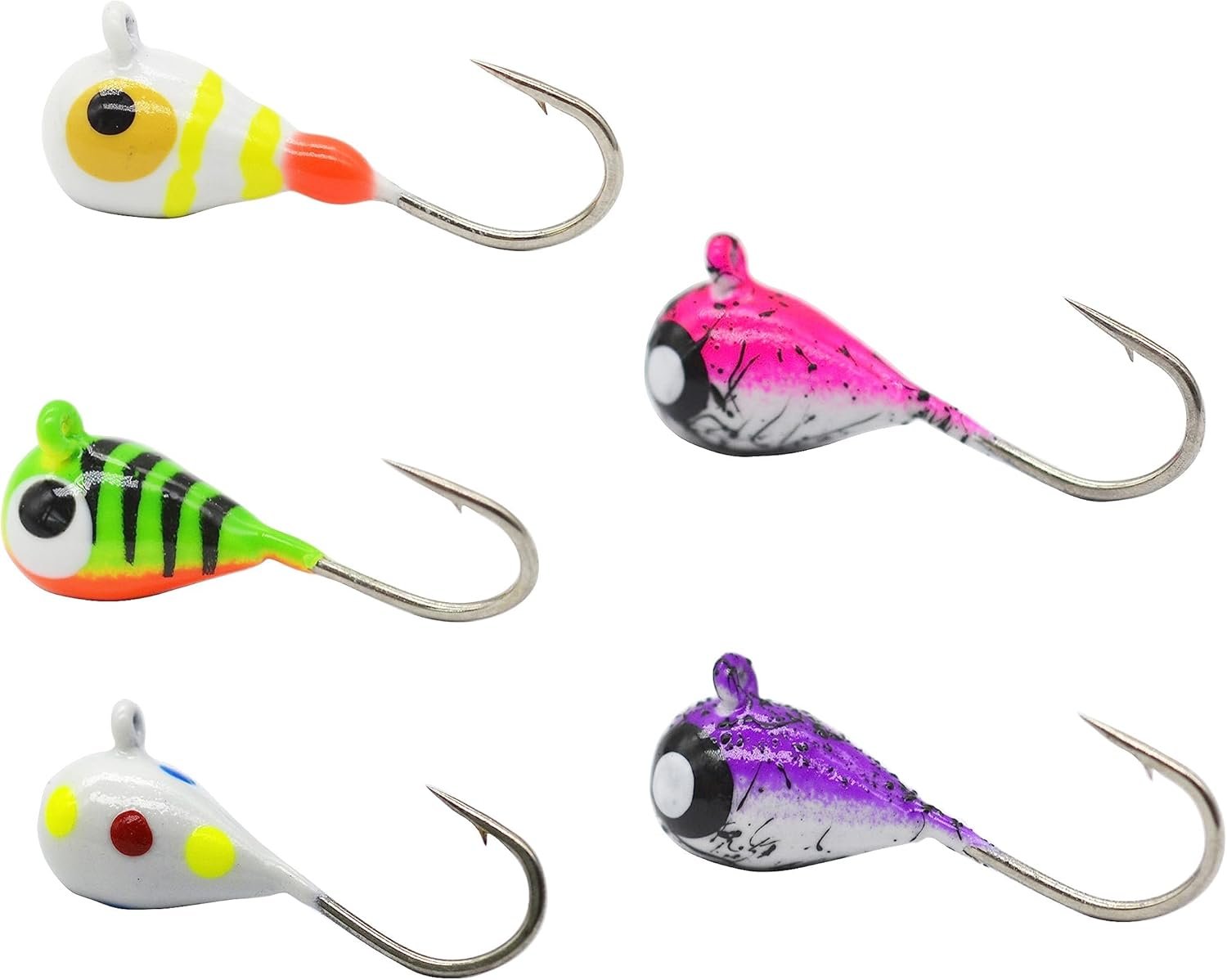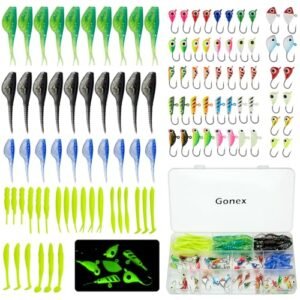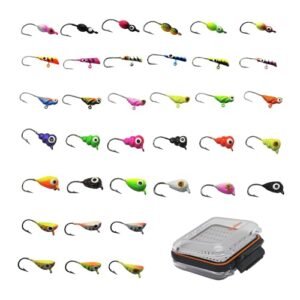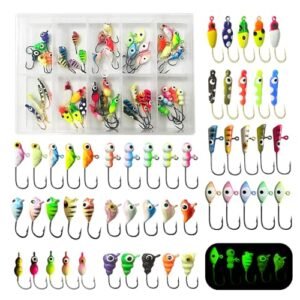Fishing, a popular recreational activity, raises ethical concerns about animal welfare. Many studies suggest fish feel pain and stress when hooked. Anglers often argue that catch-and-release methods minimize harm. Yet, fish can suffer injuries and stress, leading to long-term consequences.
Ethical fishing practices and regulations aim to reduce these impacts. Understanding the potential cruelty involved helps fishers make informed choices. Sustainable fishing practices balance enjoyment with animal welfare. This awareness promotes better treatment of fish and supports healthier ecosystems. Whether fishing for sport or sustenance, considering the ethical implications is crucial.
The Sentience Of Fish
Many people wonder if fishing is cruel. The answer depends on fish sentience. Sentience means the ability to feel and perceive. Do fish feel pain? Are they aware of their surroundings? Let’s explore these questions in detail.
Cognitive Abilities
Fish have impressive cognitive abilities. They can solve problems and learn new tasks. Studies show that fish can remember past events. They can recognize other fish. Fish can also navigate complex environments.
| Ability | Description |
|---|---|
| Problem Solving | Fish can escape traps and find food. |
| Memory | Fish remember locations and other fish. |
| Recognition | Fish can identify individual fish. |
These abilities show that fish are more than simple creatures. They have complex behaviors and intelligence. Understanding these abilities makes us rethink fishing.
Pain Perception
Do fish feel pain? Scientists have debated this for years. Recent studies show that fish have pain receptors. These receptors are similar to those in humans.
- Fish have nerve cells called nociceptors.
- Nociceptors detect harmful stimuli.
- Fish react to pain just like humans.
Fish show behaviors that indicate pain. They may rub a wounded area. Fish might avoid places where they felt pain before. These actions suggest they experience pain and suffer.
Understanding fish sentience changes our view of fishing. It raises ethical questions about our treatment of fish. We need to consider their cognitive abilities and pain perception.
:max_bytes(150000):strip_icc()/__opt__aboutcom__coeus__resources__content_migration__mnn__images__2018__10__young_boy_fish_hook-c2b5d7c759964b259bebd67a5a6a4c47.jpg)
Credit: www.treehugger.com
Fishing Practices And Their Impact
Fishing is a popular activity enjoyed by many. But is it cruel to fish? The impact of fishing depends largely on the methods used. Let’s explore different fishing practices and how they affect fish.
Commercial Fishing Methods
Commercial fishing aims to catch large quantities of fish. This practice often uses methods like trawling, longlining, and purse seining.
- Trawling: This method involves dragging a net through the water. It catches many fish but also harms the ocean floor.
- Longlining: Longlining uses a long line with many hooks. It can catch a lot of fish but also catches other sea creatures.
- Purse Seining: This method uses a large net to encircle fish. It is effective but can also catch unwanted species.
These methods can lead to overfishing and harm marine life. Bycatch, the catching of unintended species, is a significant issue. It often results in the death of many non-target species.
Recreational Fishing Techniques
Recreational fishing is done for fun or sport. It includes methods like angling, fly fishing, and ice fishing.
- Angling: Angling uses a rod, line, and bait to catch fish. It is a common method and can be less harmful if done responsibly.
- Fly Fishing: This technique uses artificial flies to catch fish. It often targets specific species and can be more selective.
- Ice Fishing: Ice fishing is done on frozen bodies of water. It requires drilling holes in the ice to fish.
Recreational fishing can impact fish populations if not managed well. Catch and release practices can reduce harm, but fish can still suffer stress and injury.
Understanding the impact of these fishing practices helps us make better choices. Choosing sustainable methods can protect fish and their habitats.
Stress And Suffering
Fishing can cause stress and suffering to fish. Many studies have shown that fish experience both physical and mental stress. This section will explore the stress responses and behavioral changes in fish when they are captured.
Physiological Stress Responses
When fish are caught, they undergo significant physiological stress. This stress can be measured by various indicators such as increased heart rate, elevated cortisol levels, and rapid gill movements. Fish experience pain and distress during capture.
Increased cortisol levels indicate a high stress response. Elevated heart rates show that the fish are in distress. Rapid gill movements mean the fish is struggling to breathe properly.
Behavioral Changes In Captured Fish
Fish exhibit noticeable behavioral changes when captured. These changes include erratic swimming, jumping, and attempts to escape. Captured fish may also show signs of shock and immobility. Such behaviors indicate that the fish are experiencing severe stress.
Fish might swim in circles or try to leap out of the water. Some fish become very still and do not move at all. These behaviors suggest that the fish are suffering and trying to cope with the stress.
Mortality Rates After Catch And Release
Many anglers practice catch and release. They believe it helps fish populations. But, the question arises: Is fishing cruel? Understanding mortality rates after release is key. This section explores the survival statistics and factors affecting post-release survival.
Survival Statistics
Studies show different survival rates for fish. Some fish survive well after release. Others do not. Here are some findings:
- Trout: 80-95% survival rate
- Bass: 70-90% survival rate
- Walleye: 50-80% survival rate
These statistics vary by species and conditions. The numbers show that many fish survive. But, some do die after release. Understanding why can help improve survival rates.
Factors Affecting Post-release Survival
Several factors impact fish survival after release. These include:
- Handling Techniques: How you handle fish matters. Wet hands reduce slime loss. Avoid squeezing the fish. Use gentle, quick handling.
- Water Temperature: Warm water stresses fish. Cool water helps fish recover better. Fish during cooler parts of the day.
- Hook Location: Hooks in the mouth are better. Deep hooks cause more damage. Use barbless hooks for easy removal.
- Fish Size: Larger fish are more resilient. Smaller fish are more fragile. Handle smaller fish with extra care.
- Equipment: Use proper gear. Stronger lines reduce fight time. Shorter fights lessen fish stress.
By understanding these factors, anglers can improve fish survival. Practicing good techniques ensures fish live on to swim another day.
Ethical Considerations
Fishing has been a topic of ethical debate for many years. People often ask if fishing is cruel to fish. This question brings up many ethical considerations. Let’s explore the moral implications and the debate around fish rights.
Moral Implications Of Fishing
The moral implications of fishing involve the treatment of fish. Some believe fish feel pain and stress. This belief raises concerns about their suffering. Others argue fish do not have the same nervous systems as humans. They think fish cannot feel pain in the same way.
Many people fish for sport or food. Sport fishing often involves catching and releasing fish. This practice can injure fish and cause stress. Fishing for food raises questions about the humane treatment of fish. Some people use methods like nets or hooks. These methods can harm fish and other marine life.
The Debate Around Fish Rights
The debate around fish rights focuses on whether fish deserve protection. Animal rights activists argue fish should have rights like other animals. They believe fish should be treated with respect and care. Some countries have laws to protect fish. These laws regulate fishing practices and aim to reduce fish suffering.
Others think fish do not need special rights. They argue fish are different from mammals and birds. They believe fish do not have the same capacity for suffering. This debate continues as more research is done on fish behavior and biology.
Here is a table summarizing the key points:
| Argument | Description |
|---|---|
| Fish Feel Pain | Some believe fish feel pain and stress, raising ethical concerns. |
| Fish Do Not Feel Pain | Others argue fish have different nervous systems and do not feel pain like humans. |
| Fish Rights | Activists argue for fish rights, similar to other animals. |
| No Special Rights | Some believe fish do not need special rights due to their differences from mammals and birds. |
Understanding these ethical considerations helps us make informed decisions about fishing practices.
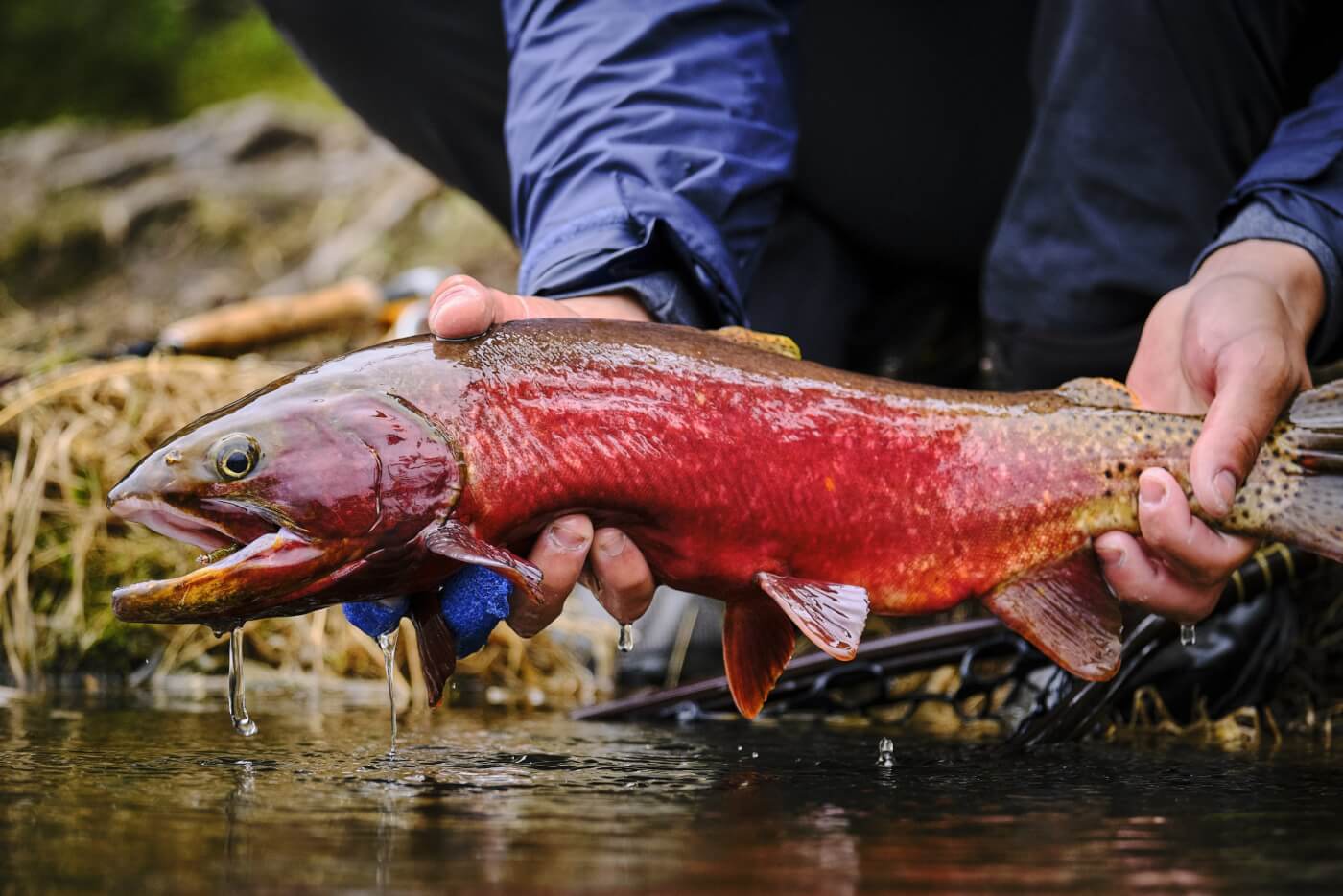
Regulations And Guidelines
Regulations and Guidelines play a crucial role in ensuring that fishing practices are sustainable and humane. These rules help balance the needs of both fish populations and anglers. They also aim to minimize the impact on aquatic ecosystems.
Fishing Quotas And Seasons
Fishing quotas set limits on the number of fish that can be caught. These limits help maintain fish populations and prevent overfishing. Quotas vary by species and region, ensuring that no single species is overexploited.
Fishing seasons specify the times of year when fishing is allowed. These seasons often align with fish breeding cycles. This timing helps protect young fish and ensures that populations remain healthy.
Humane Fishing Practices
Humane fishing practices aim to reduce the suffering of fish. These methods include using barbless hooks, which cause less injury. Anglers are also encouraged to handle fish gently and release them quickly.
Another important guideline is the use of proper gear. Nets and lines designed to minimize harm are preferred. This ensures that fish can be returned to the water safely.
Education is key in promoting humane fishing. Many regions offer courses on ethical fishing practices. These courses teach anglers how to fish responsibly and reduce harm to aquatic life.
Sustainable Fishing
Sustainable fishing practices aim to protect fish populations and the environment. These techniques help maintain the balance of marine life. Sustainable fishing supports both the ecosystem and the fishing industry.
Eco-friendly Fishing Techniques
Eco-friendly fishing techniques reduce harm to marine life. These methods include selective fishing gears like circle hooks and traps. They target specific species and minimize bycatch. Bycatch refers to unintended species caught during fishing.
Using biodegradable nets is another eco-friendly method. These nets break down naturally if lost at sea. This helps prevent marine pollution and ghost fishing. Ghost fishing happens when lost gear continues to catch fish.
- Circle Hooks: Reduce bycatch and increase target catch rates.
- Traps: Allow for the release of non-target species.
- Biodegradable Nets: Prevent long-term marine pollution.
Impact On Marine Ecosystems
Sustainable fishing practices positively impact marine ecosystems. They help maintain fish populations and ocean health. Overfishing disrupts the balance of marine life. Sustainable methods help prevent this.
Protecting endangered species is crucial. Sustainable fishing ensures these species are not overexploited. Marine protected areas (MPAs) are essential. MPAs safeguard habitats and allow fish populations to recover.
| Method | Benefit |
|---|---|
| MPAs | Protect habitats and boost fish populations. |
| Selective Gears | Reduce bycatch and target specific species. |
| Biodegradable Nets | Decrease marine pollution. |
Using sustainable fishing practices can improve marine ecosystems. It ensures the long-term survival of various species. Sustainable fishing supports biodiversity and ocean health.
Alternatives To Traditional Fishing
Fishing has been a popular activity for centuries. Yet, many wonder if it is cruel to fish. For those concerned about the well-being of fish, there are alternatives. These options allow people to enjoy fish without traditional fishing methods.
Aquaculture Pros And Cons
Aquaculture is the farming of fish and other aquatic animals. It provides a steady supply of fish. Some benefits include:
- Consistent fish production
- Reduced pressure on wild fish populations
- Controlled environment for fish growth
Despite these benefits, there are some drawbacks:
- Potential for water pollution
- Risk of spreading diseases
- High resource consumption
Aquaculture offers a way to enjoy fish responsibly. Yet, it requires careful management to avoid negative impacts.
Plant-based Fish Alternatives
Plant-based fish alternatives are becoming popular. They are made from plants but taste like fish. Some advantages include:
- Environmentally friendly
- Lower resource usage
- No harm to fish
Plant-based fish alternatives are also healthier. They contain no cholesterol and are rich in fiber. Here is a simple comparison:
| Traditional Fish | Plant-Based Fish |
|---|---|
| May contain mercury | Mercury-free |
| High in cholesterol | No cholesterol |
| Potentially harmful fishing practices | Eco-friendly production |
These alternatives can be found in many stores. They allow fish lovers to enjoy the taste without guilt.
Frequently Asked Questions
Does Fishing Hurt The Fish?
Yes, fishing can hurt fish. Hooks can cause physical injuries, stress, and even death. Catch-and-release methods minimize harm.
Are Fish Traumatized By Being Caught?
Fish can experience stress when caught. Their stress levels vary based on handling and species. Reducing time out of water helps.
Is It Morally Wrong To Fish?
Opinions on the morality of fishing vary. Some argue it’s wrong due to animal suffering, while others see it as a tradition.
Is Fishing Cruel For The Environment?
Fishing can harm the environment. Overfishing depletes fish populations. Bycatch kills unintended species. Destructive practices damage marine habitats. Sustainable fishing methods help minimize harm.
Conclusion
Fishing can be seen as both a sport and a concern for animal welfare. Balancing enjoyment and ethical considerations is crucial. Opt for sustainable practices and humane techniques. This ensures a responsible and mindful approach. Always stay informed and make choices that respect aquatic life.
Your actions can make a difference.
